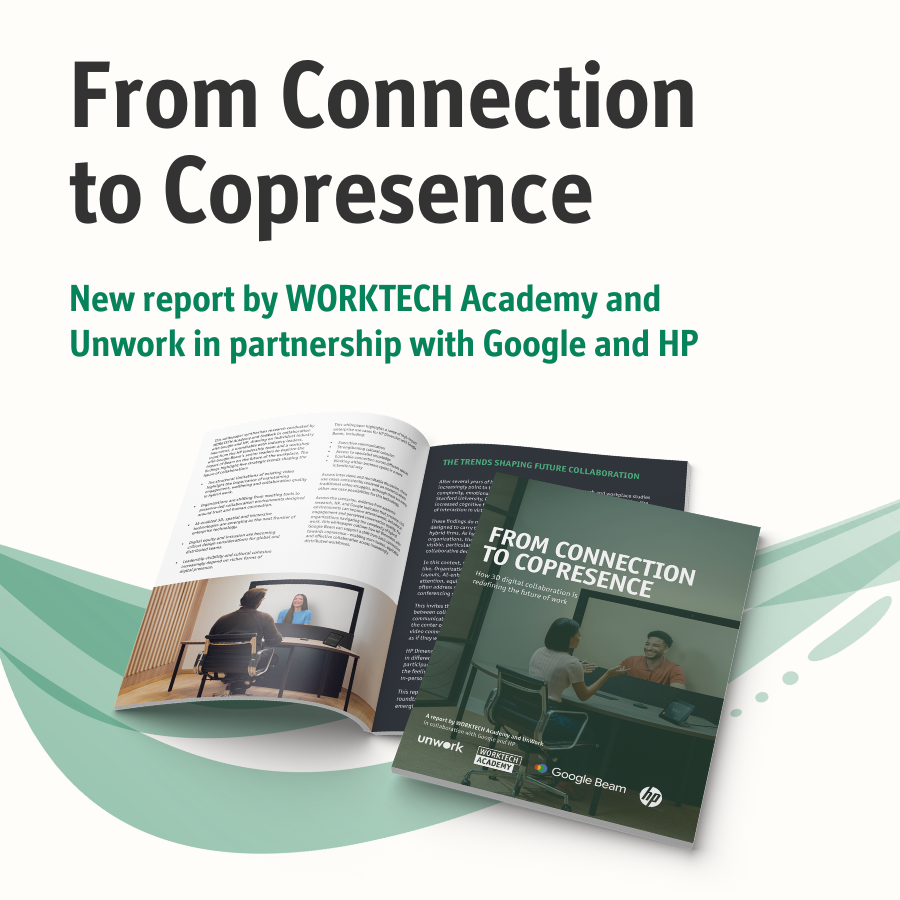Signal File: what this week’s headlines reveal about speed of global tech
From global tech rivalries to experimental office software and smarter meeting devices, this week’s column highlights how innovation is redrawing workplace dynamics and geopolitical power
Staying ahead in the evolving world of work means tuning into the signals shaping where and how business happens. This week, China’s dominance in critical technologies raises questions of resilience, Microsoft reframes productivity through ‘vibe working,’ Insta360 enters the workplace with AI meeting tools, and DeepMind’s Gemini 1.5 pushes robots toward reasoning and autonomy. Together, these stories point to a landscape where AI-native work meets geopolitical tension.
China pulls ahead in tech race
China is leading in 57 of 64 critical technologies, from quantum communication to robotics, driven by state-backed research and STEM investment. The U.S. holds slim leads in areas like vaccines and quantum computing, but risks of Chinese dominance loom across defence-linked fields.
In action: Strengthen resilience by investing in domestic R&D, forging international research partnerships, and stress-testing technologic supply chains.
Microsoft bets on ‘vibe working’
Microsoft is rolling out AI-powered Office agents that let workers generate spreadsheets, documents and presentations by describing what they need. The company calls it vibe working, positioning it as the productivity counterpart to vibe coding. Early access comes via Agent Mode in Word and Excel and an Office Agent in Copilot, powered by both OpenAI and Anthropic models.
In action: Explore how AI-native tools can reduce routine workload and reframe productivity around prompting, not process.
Insta360 launches AI speaker for smarter meetings
Known for action cameras, Insta360 has entered the enterprise market with the Wave, a $300 USD AI-powered speakerphone. Beyond premium audio, it transcribes meetings in real time, identifies speakers, and generates smart summaries with action items.
In action: Reimagine meeting tech as an active collaborator – capturing, organising and translating discussions into decisions without extra human effort.
Robots learn to reason with Gemini 1.5
Google DeepMind has released Gemini Robotics 1.5, pairing vision-language-action with embodied reasoning to give robots greater autonomy. The system can plan tasks, explain decisions, and even transfer skills between different robot forms – from lab arms to humanoids.
In action: Consider how embodied AI may transform workplaces, with robots evolving from programmed assistants to collaborative problem-solvers.








